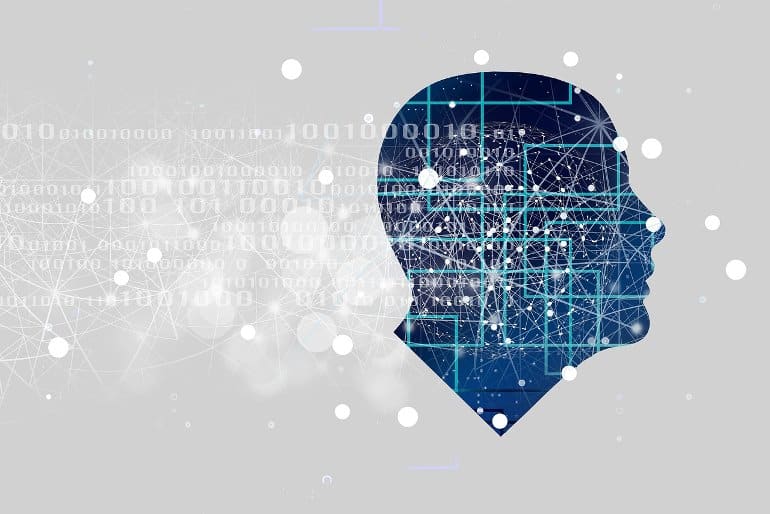Summary: Research reveals how the aspect of shock helps facilitate mastering and memory retrieval.
Supply: College of Manchester
A examine by University of Manchester neuroscientists into the impact of shock on our memory has inadvertently found a process which may help us to perform better in tests.
In the review, revealed in the Journal of Neuroscience, 26 individuals have been shown photographs of objects that were possibly all-natural, this kind of as fruit, trees and flowers, or man-designed, this kind of as a laptop mouse and phone.
In the study, the experts qualified the individuals to expect man-designed or pure objects using cues these kinds of as a triangle or a sq.. The total experiment was then recurring with another 24 people owning a useful MRI scan to reveal which regions of the brain were made use of to find out and retrieve the facts.
When an expected event—such as a triangle preceding a gentleman-manufactured object—followed a similar but unexpected event—a triangle preceding a all-natural object—the participants’ memory was boosted.
The next research in the MRI scanner gave accurately the very same behavioral benefits, and showed activation in the brain’s hippocampus—the memory centre, midbrain regions—which release dopamine, and occipital cortex—the eyesight centre. In distinction, a sequence of two unforeseen equivalent functions also triggered visible regions in the brain, but did not increase memory performance.
Lead writer Dr. Darya Frank, a cognitive neuroscientist from the College of Manchester, explained, “We currently know that if expectation is violated before or all through finding out, it triggers an adaptive system ensuing in greater memory for sudden situations. This experiment reveals how the system is also impacted when we are seeking to retrieve data.”
The hippocampus encodes—or creates—memories, but also retrieves memories. With only a finite amount of useful resource to allocate to both, the two mechanisms are in conflict. So when anything surprising takes place, our mind focuses on the outside environment so it can find out something new, something it did not to begin with assume.

Experts currently know that shock turns on the brain’s finding out mode, insert website link on the other hand, the current study is the 1st to examine how the mind utilizes the system when we are making an attempt to retrieve data.
Dr. Frank added, “Though our research did not assess the affect of these conclusions on exam revision and overall performance, it is reasonable to see its implications.
“So when the intention is to retrieve information—encountering surprising activities like revising in a café or other unfamiliar environment would interact an encoding mechanism that could enhance memory for a upcoming test.
“But the reverse is also correct: when attempting to don’t forget anything already acquired through the exam itself, a familiar and predicted ecosystem could be practical, and assist retrieving facts from memory.”
About this studying and memory research information
Creator: Press Business office
Supply: College of Manchester
Get hold of: Push Workplace – College of Manchester
Image: The image is in the general public area
Authentic Investigation: Closed obtain.
“Encountering Shock: The Temporal Dynamics of Its Effects on Memory” by Darya Frank et al. Journal of Neuroscience
Summary
Experiencing Shock: The Temporal Dynamics of Its Influence on Memory
To efficiently procedure information and facts, the mind shifts concerning encoding and retrieval states, prioritizing base-up or top rated-down processing appropriately. Expectation violation ahead of or during finding out has been demonstrated to set off an adaptive encoding mechanism, resulting in far better memory for unpredicted occasions.
Using fMRI, we explored (1) irrespective of whether this encoding mechanism is also brought on all through retrieval, and if so, (2) what the temporal dynamics of its mnemonic implications are. Male and woman contributors analyzed object visuals, then, with new objects, they uncovered a contingency concerning a cue and a semantic category. Rule-abiding (anticipated) and violating (sudden) targets and comparable foils were used at test.
We identified interactions amongst former and recent equivalent events’ expectation, such that when an expected event adopted a identical but unforeseen celebration, its performance was boosted, underpinned by activation in the hippocampus, midbrain, and occipital cortex. In distinction, a sequence of two unexpected equivalent functions also activated occipital engagement on the other hand, this did not boost memory overall performance.
Taken jointly, our findings advise that when the objective is to retrieve, encountering stunning activities engages an encoding system, supported by base-up processing, that may perhaps enhance memory for upcoming associated activities.



More Stories
Unlock Brilliant Minds: How Homeschool Learning Inspires Confidence and Creativity in Every Child
Empower Your Child’s Confidence: Why a Self Paced Homeschool Program Changes Everything
Unlock Your Family’s Potential: Why Many Parents Find Homeschooling Easy and Rewarding